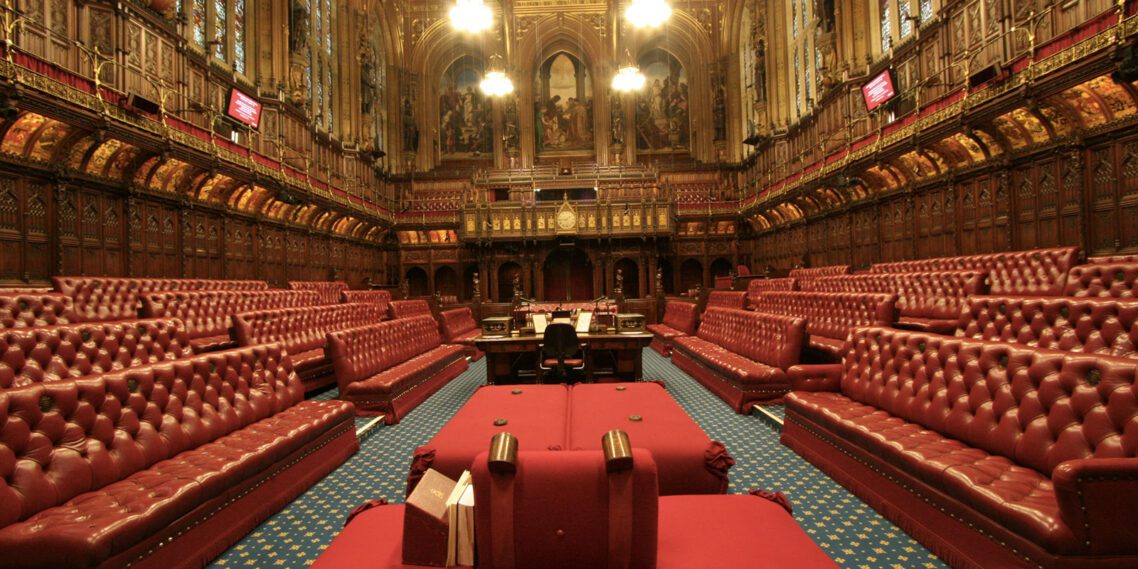For the last few weeks, political geeks like me will have been watching BBC2’s Meet The Lords. It’s the follow-up to the Inside the Commons series from a couple of years ago, but this time focusing on the second chamber.
For campaigners, wherever you stand on reform of the House of Lords, the programme shows why thinking about how you can most effectively influence the second chamber is important in the current political context.
It’s essential viewing, but what clues does the series give us about how best to work with them?
Lords often really are working alone – Peers don’t come accompanied by lots of staff, at best some share a member of staff, but in episode 2 we literally watched Lord Dubs repeatedly answer his own phone to respond to media enquiries as he was pushing his amendment on refugee children
As Esther Foreman points out in her brilliant report ‘Peering In‘, which look at how Peers respond to the campaigning techniques many of us use, this means campaigners need to consider the best approaches. So while we’ve grown used to MPs having staff and increasingly sophisticated mechanisms to respond the same isn’t true of Lords. So you have to question the effectiveness of mass email campaigns towards peers.
For Esther, that means the following when thinking about campaign communications with peers;
- Clear, well-written, thoughtful and timely communication.
- A personal link between the Peer and the individual/s sending the email. (note – on this www.writetothem.com/lords allows you to enter a place, topic or birthday to join you with a Peer)
- When it is combined with, or pointing to, strong evidence-based policy position or personal stories/ case studies.
But many of them are really know their stuff – if it’s true that MPs are often required to know ‘a lot about a little’ then peers are the opposite. Many of them have extensive experience in different sectors before entering the Lords, including the recent creation of the People’s Peers like Big Issue founder Baron Bird who we followed in Episode 1.
This is a potential goldmine for campaigners as it means you can get a real expert with extensive knowledge of an issue. So as campaigners do your homework and make sure you’re looking for those who have connections to your issues. My bet is that many charities will find former board members or even staff are now sitting on the red benches. Quality engagement with them might be most effective way to reach peers – for example in a previous campaign I was involved in we got supporters to write handwritten letters to selected peers.
They are an independent bunch but they can secure real change – the series follows a few examples of peers pushing specific amendments in bills, for example, Baroness King of Bow who was looking to secure changes for parents that adopt in episode 1. The key to success appears to be able to a) picking on a specific amendment, b) building a compelling case backed up by evidence, c) engaging allies in the Commons and d) pushing on it at every opportunity informally in the tea room and formally in the relevant committees. It’s not glamorous but it can be effective.
Ping Pong doesn’t mean Table Tennis – Instead, it’s the to and fro between the Commons and the Lords when they disagree on something. The series shows how Lords Dubs pushed his amendment and Labour Peers push against reforms to party funding and secured change. The key to winning change here seems to be that you can secure change when a defeat in the Lords enables a group of backbench MPs to push again on an issue. So it’s not a shortcut to good work with MPs but it can help to keep an issue on the agenda or push for concessions from the Government.
You need to rethink partisan politics – The series also highlights the important role that Crossbenchers play, it’d be easy to see this group of peers as just another political party, but instead they are an independent group of Peers who can be persuaded on issue, as we see in episode 1 when they’re being lobbied by MPs. But beyond that, the series shows that many Peers are more willing to break the Whip than in the Commons or look to collaborate across party lines on amendments – which leads to the sight in episode 2 of Green peer Jenny Jones collaborating with a Conservative Lord and property magnet.
But beyond that, the series shows that many Peers are more willing to break the Whip than in the Commons or look to collaborate across party lines on amendments – which leads to the sight in episode 2 of Green peer Jenny Jones collaborating with a Conservative Lord and property magnet.
For those interested in how to influence the Lords, NCVO is running this training in June.
